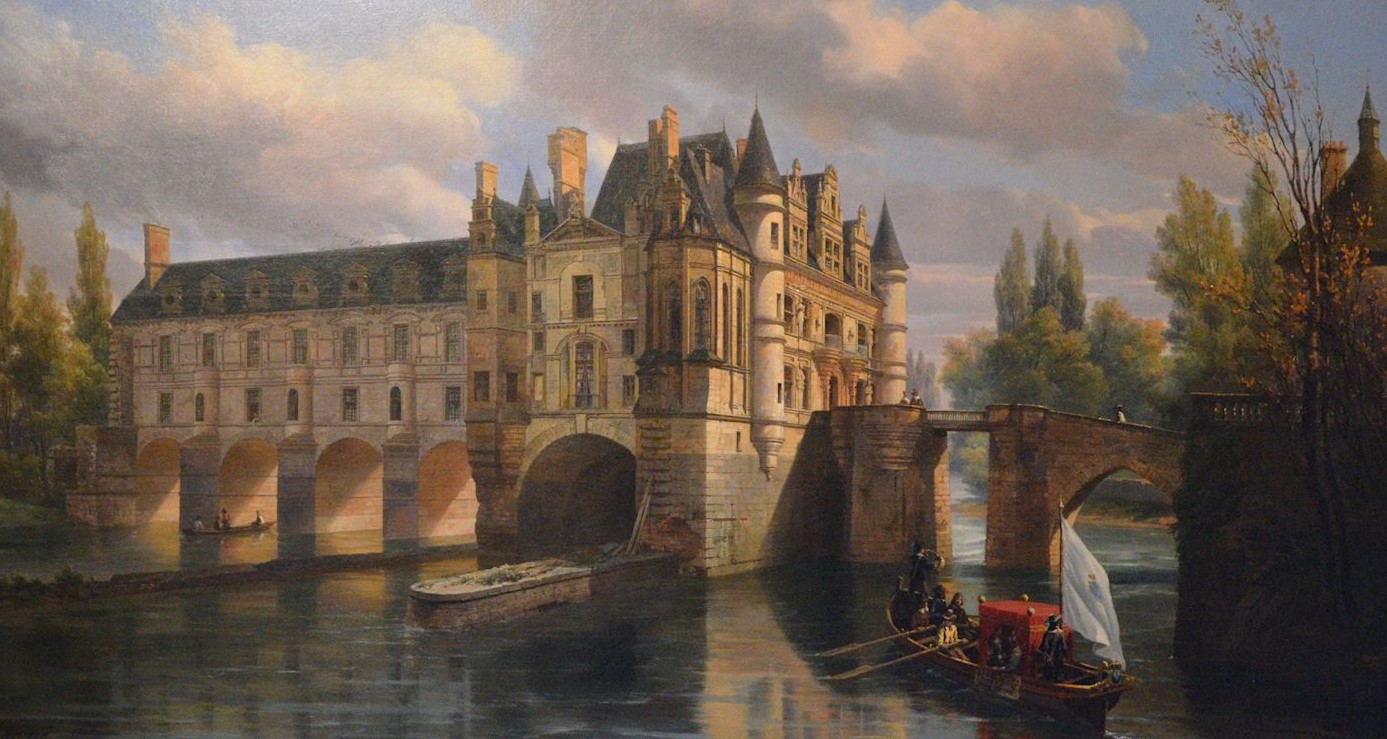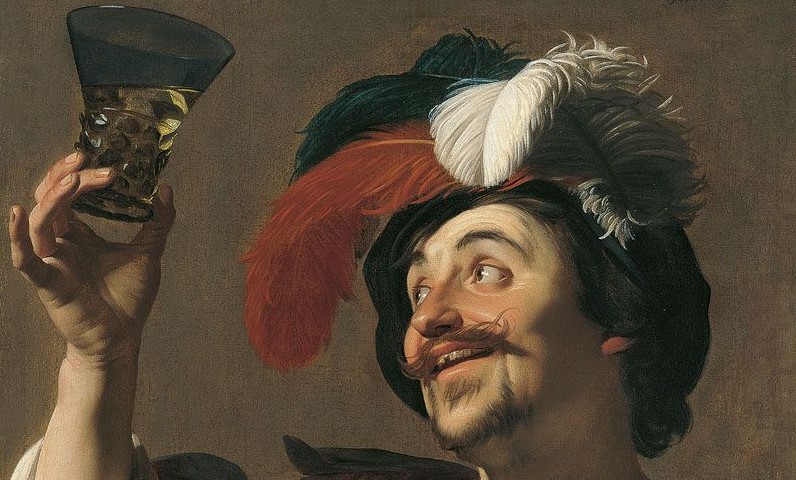
|
|
|
|
|
|
|
|
||||||||
|
|||||||||||||||
Philippe du Plessis-Bellière: The Study of the character
Part I
The most amazing, the darkest, the most beautiful, the most evil man, the incomparable Marshal of Plessis, who walked on his red heels among the gentlemen and the ladies, hiding under his satin clothes his brutal and sad heart.
 Physical description
Physical descriptionPhilippe represents the antithesis of Joffrey de Peyrac, Angélique's first husband. One is "blond and white" while the other is dark-haired and dark-skinned. Their temperamental and behavioural aspects could not be more contrasting. But most of all, while Joffery de Peyrac is lame and wears a mask to hide his disfigured face, Philippe is beautiful.
 Social extraction
Social extractionThe Marquis Philippe du Plessis-Bellière belongs to the high nobility of the kingdom of France, at a moment in history when this is the most important country in Europe, the most dynamic, the most populated, the most modern. Politically, France is the first absolute monarchy. The rest of Europe, with the sole exception of England, is, and will be for a long time, anchored to feudalism.
 Education
EducationThere are two main chapters which speak about Philippe’s education, as well as several references in other parts of the story. The first character who feels the need to mention Philippe’s upbringing, as the genesis of certain puzzling aspects of his personality, is the shrewd intendant Molines, in the scene of the contract.
 Language
LanguageIn fact, Philippe's conversation is also brilliant and intelligent when and as much as he wants. It can be fatuous and mundane if necessary, or rough and vulgar. Philippe's language is as versatile as the character himself and reflects the complexity of his personality.
 Sexuality
SexualityPhilippe’s sexual initiation was extremely premature. When Angélique first meets him, the fifteen-year-old boy, according to her father, looks like "a pretty girl" and has effeminate manners. But the following year, at the age of sixteen, he shows his appreciation for Angélique's beauty, telling her mother that Mlle de Senlis, who was to sit next to him, had been “advantageously replaced."
 Libertine morality
Libertine moralityThe Libertine current developed as a real philosophical thought during the seventeenth century, complete with thinkers and academic works. It is a minority cultural trend, in contrast with the prevailing Cartesian rationalism, and opposed by the power for its libertarian charge.
 Aspects of the personality: Dandyism
Aspects of the personality: DandyismPhilippe is a dandy ante litteram. The meticulous attention he gives to his appearance and to his gestures denotes a cult of beauty and of perfection. Philippe wants to be perfect and, like the dandy of some centuries later, he wants to make himself and his life a piece of art.
 Aspects of the personality: Violence
Aspects of the personality: ViolenceIt is the most noticeable aspect of Philippe's personality, highlighted and deprecated by the various characters who depict the Marquis to Angélique, and then widely experienced by the protagonist herself. Philippe's violence has to do on the one hand with his aggression, and is therefore impulsive, disorderly, irrational, but other times it is premeditated and intentional.
 Aspects of the personality: War
Aspects of the personality: WarPhilippe du Plessis-Bellière is initiated to the military career at the age of sixteen by choice of his father, who notices the dangerous turn that his son's education is taking. At the time, Philippe is a page of Cardinal Mazarin, a fortunate position but not without risk, due to the "Italian practices" popular in the Prime Minister's entourage.
 The marquis and the marshal
The marquis and the marshalThe young Marquis of Plessis-Bellière begins his military career at the age of 16 and makes an extraordinarily rapid advancement until he reaches the top at the age of thirty. He is a "Grand Marshal of France", a rank reserved for very few people, which allows him to govern an army in autonomous operations.
 The marquis and the king
The marquis and the kingPhilippe's world view, as well as his scale of values, will undergo strong changes in the course of the story, as a consequence of that disruptive event that will be his love for Angélique. However, one point will remain firm and absolute: his loyalty and submission to the King.
« Back to the Philippe du Plessis-Bellière: The study of the character